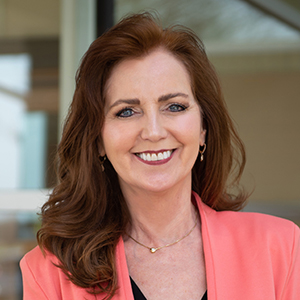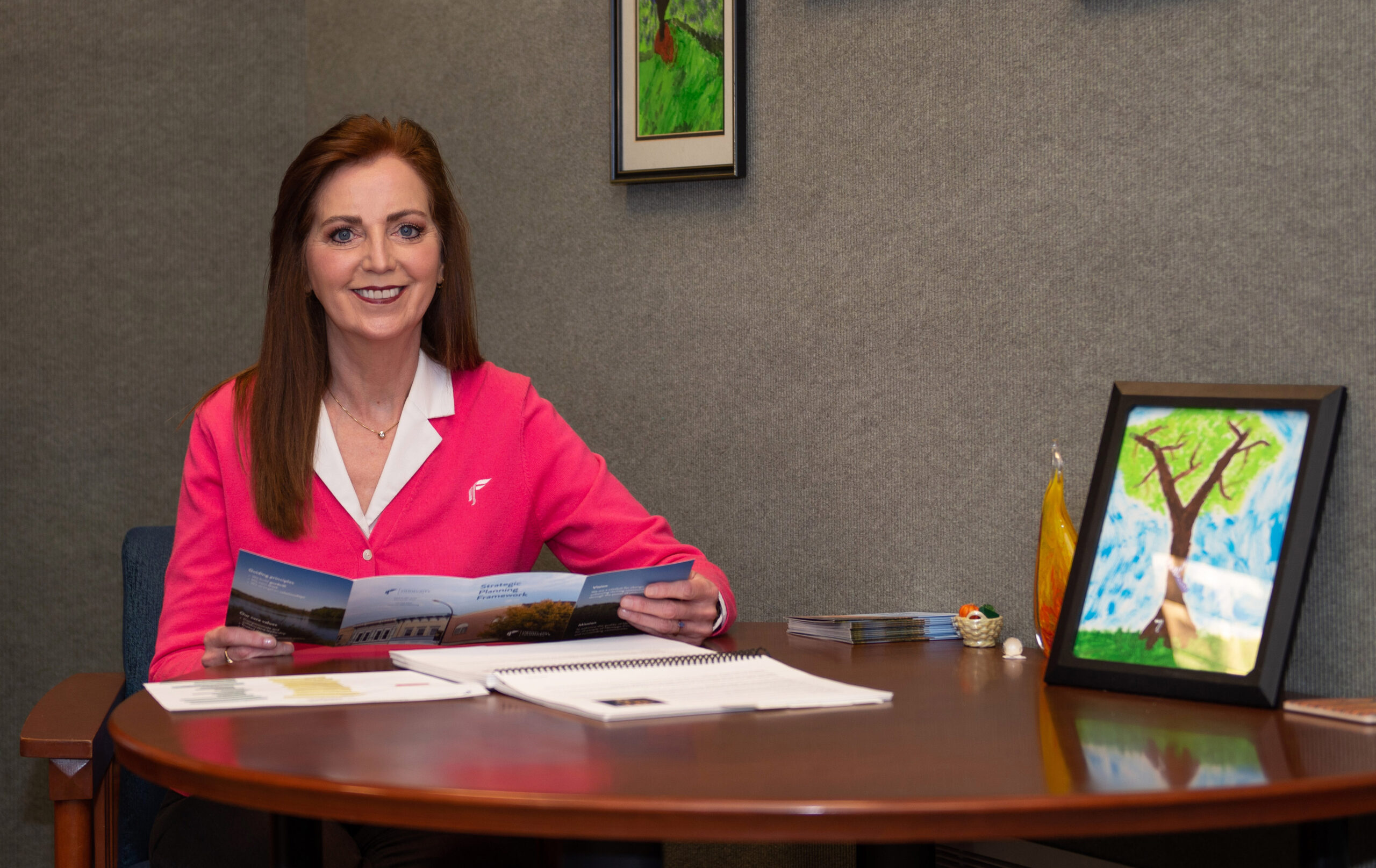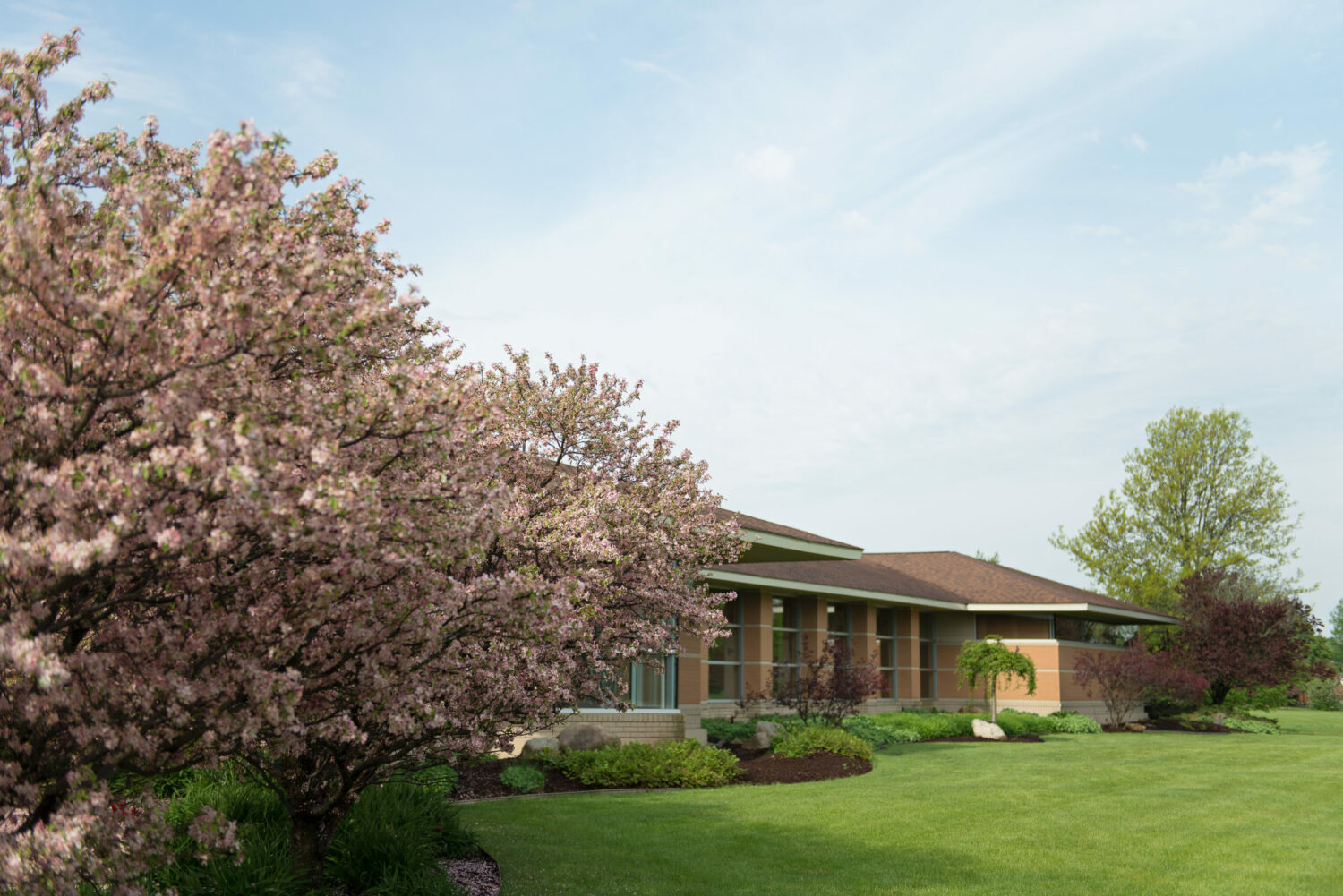Trust-based philanthropy is an action many community foundations are now undertaking to strengthen relationships with grantees. As a Community Foundation team, we strive to be accessible and to understand the challenges faced by nonprofits in the important work they undertake every day to address community problems and protect community assets.
We’ve learned a lot about how to make ourselves more approachable and to streamline, where we can, the grant application and reporting processes. Instead of a complicated logic model for outputs and outcomes, we hope a grantee can share a story. We want them to tell us about how the grant changed lives and what we were able to accomplish together.
Site visits and field trips are also an important part of building trust and partnership. We are frequently visiting grantees now to better understand the projects we fund. A recent example was our visit to the Newaygo County Career Tech Center for a tour and lunch.
Trust works both ways, of course, and we hope to build a stronger-than-ever relationship with our grantee partners so that we have the most impact on quality of life in Newaygo County. We are striving to be more transparent, to provide more technical assistance, and to maintain the absolute highest standards of integrity and financial stewardship possible. Our team is always cognizant that we are the trusted stewards of many donations, creating a forever legacy. Look for more stories on our social media and in our publications about your Community Foundation, and thank you for being a part of philanthropy.

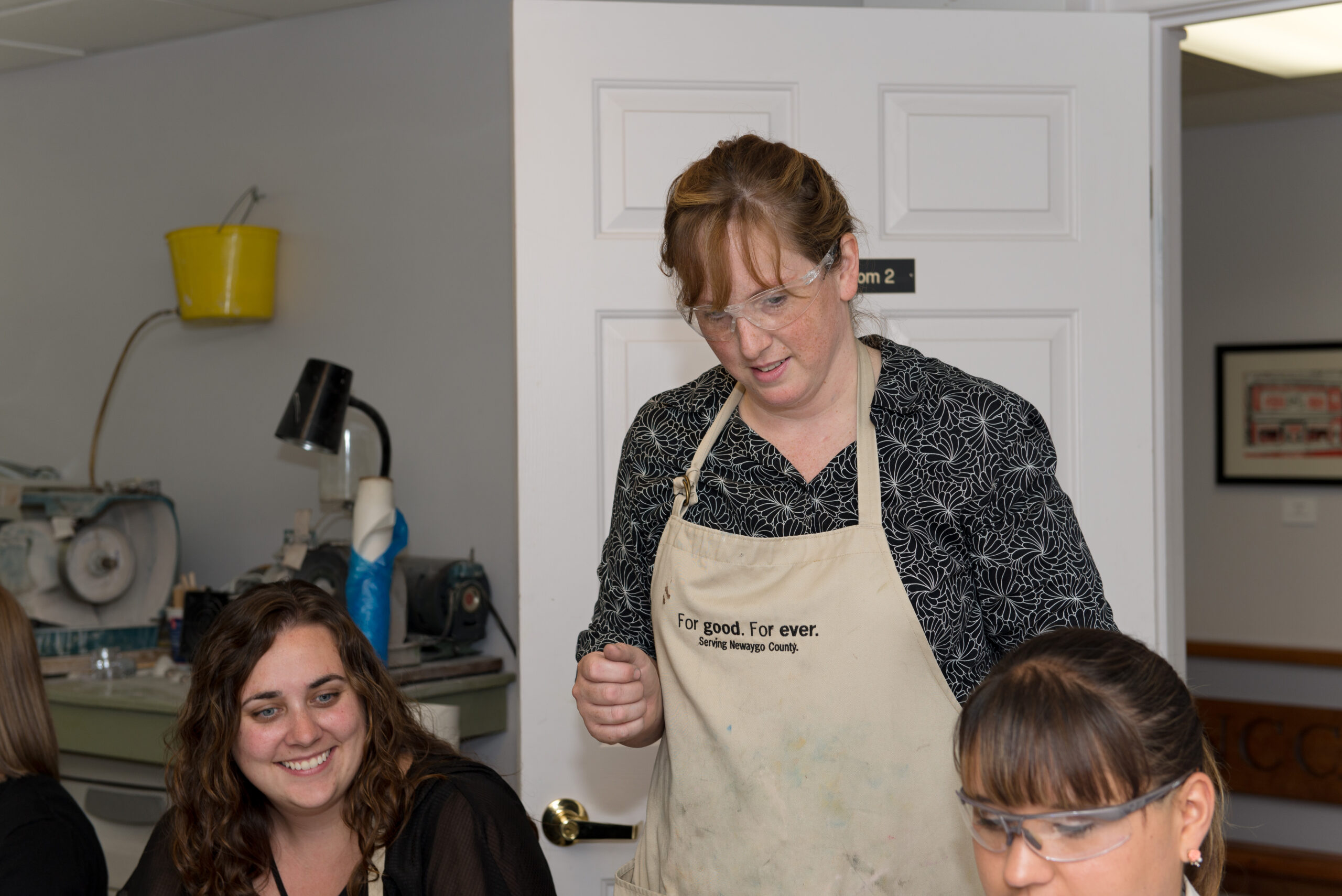
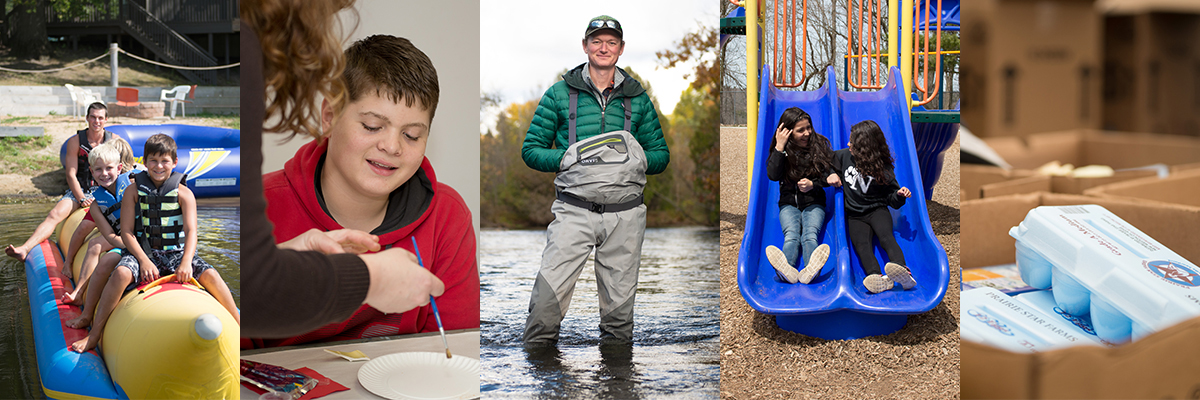

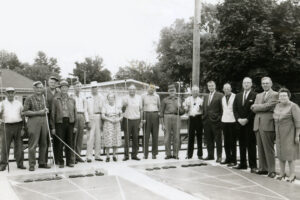 After Mattie Gerber, wife of Jacob Andrew, added to her husband’s fund in 1944, local attorney William J. Branstrom, well-known for his philanthropy and civic engagement, consolidated the funds from Harry Williams and the Gerbers with his own. With these funds, Branstrom—along with Frank Gerber, Horace Loomis, Dick Pikaart, and Herman Schuiteman—created a private foundation called the Fremont Foundation in 1951.
After Mattie Gerber, wife of Jacob Andrew, added to her husband’s fund in 1944, local attorney William J. Branstrom, well-known for his philanthropy and civic engagement, consolidated the funds from Harry Williams and the Gerbers with his own. With these funds, Branstrom—along with Frank Gerber, Horace Loomis, Dick Pikaart, and Herman Schuiteman—created a private foundation called the Fremont Foundation in 1951. In 1994, Gerber Products, Inc. was sold to Sandoz of Switzerland. Our organization, which owned 1.8 million shares of Gerber stock, saw its assets grow from $65 million to $109 million virtually overnight.
In 1994, Gerber Products, Inc. was sold to Sandoz of Switzerland. Our organization, which owned 1.8 million shares of Gerber stock, saw its assets grow from $65 million to $109 million virtually overnight. What began with modest charitable funds in 1933 has grown to become one of the largest community foundations in the U.S. on a per capita basis and the fourth largest in Michigan based on total assets. Our history is built with this kind of forward-looking generosity. Through the Community Foundation’s careful stewardship and investment, the generous gifts of countless community members, from 1933 until today, will continue to grow and serve our area forever. We look forward to celebrating our 75th anniversary in 2026 and are excited to share this important milestone with you!
What began with modest charitable funds in 1933 has grown to become one of the largest community foundations in the U.S. on a per capita basis and the fourth largest in Michigan based on total assets. Our history is built with this kind of forward-looking generosity. Through the Community Foundation’s careful stewardship and investment, the generous gifts of countless community members, from 1933 until today, will continue to grow and serve our area forever. We look forward to celebrating our 75th anniversary in 2026 and are excited to share this important milestone with you!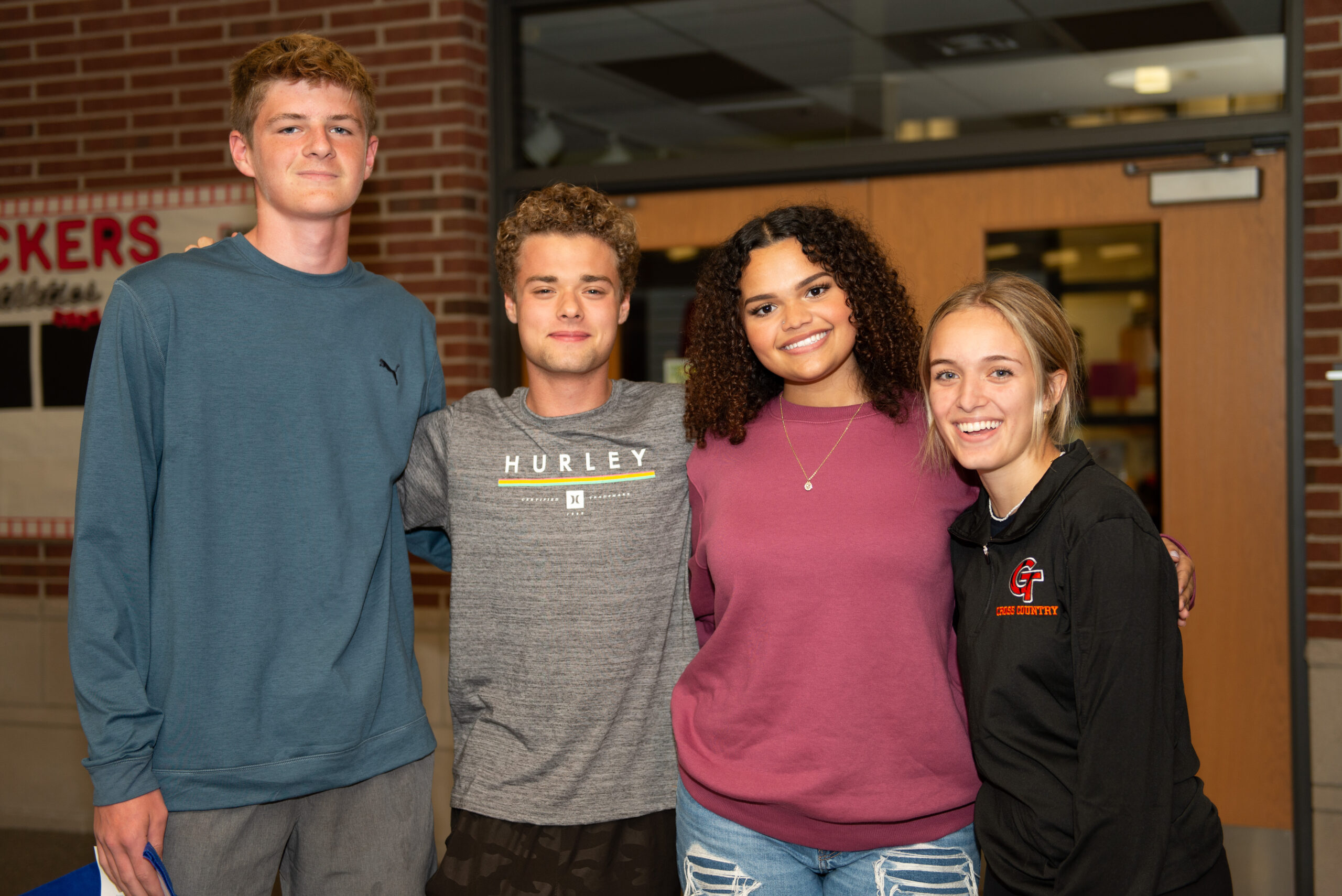
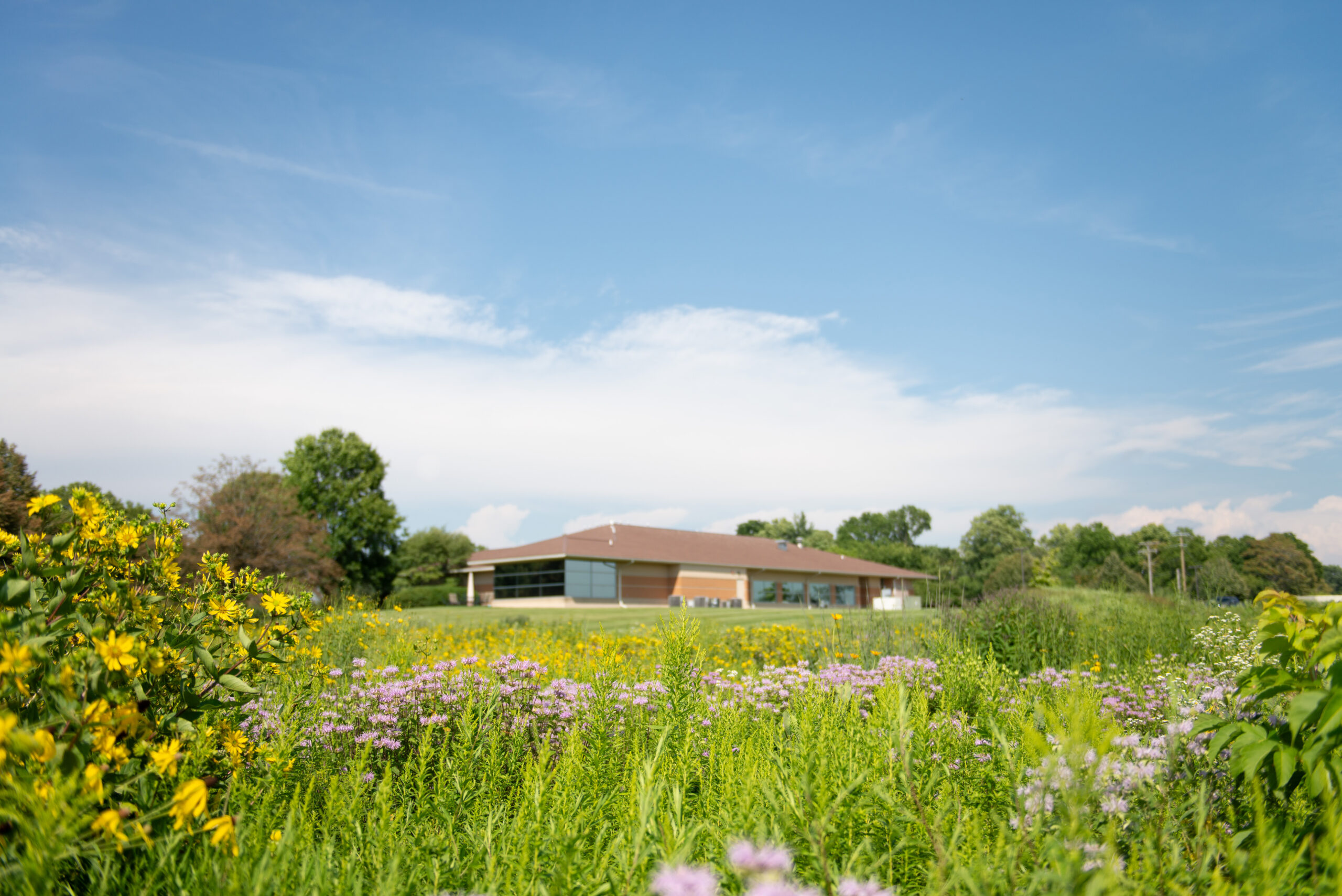
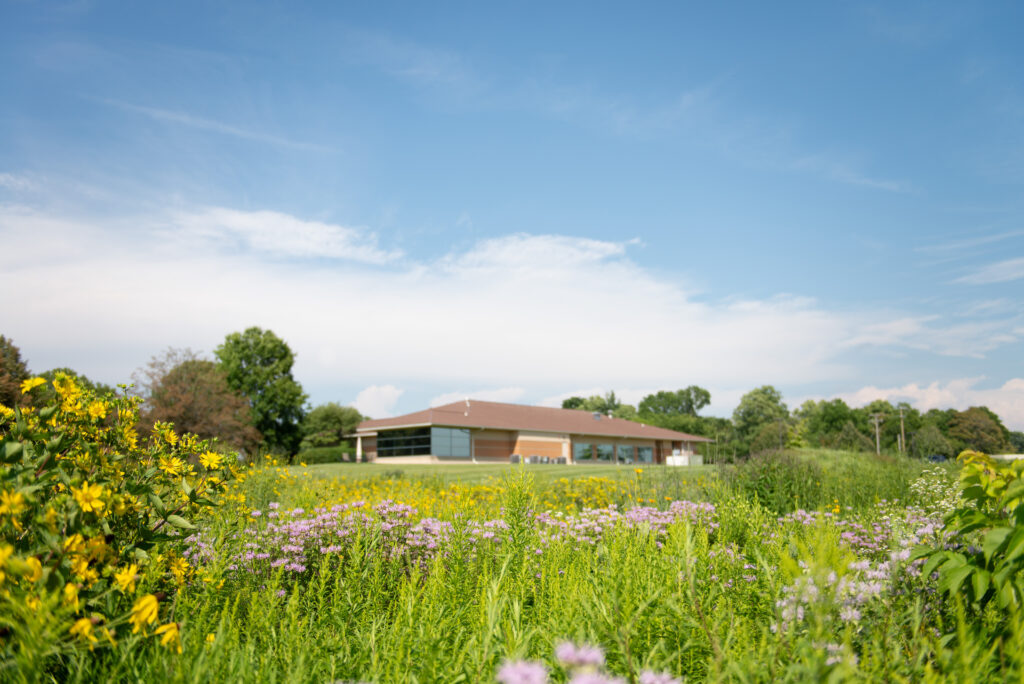 We have awarded $5.3 million in
We have awarded $5.3 million in 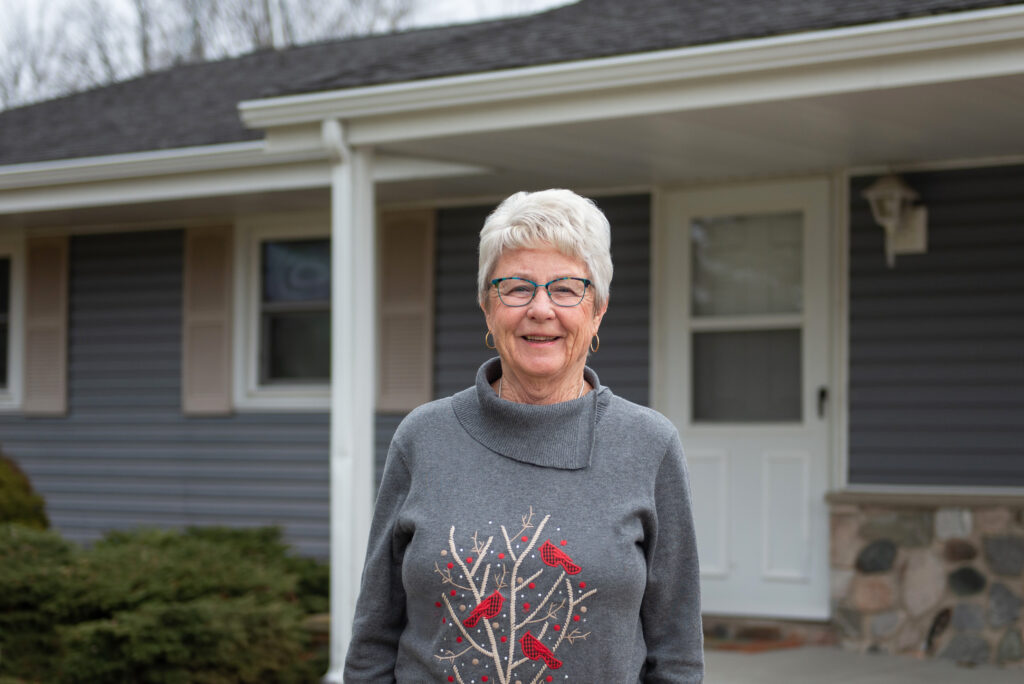
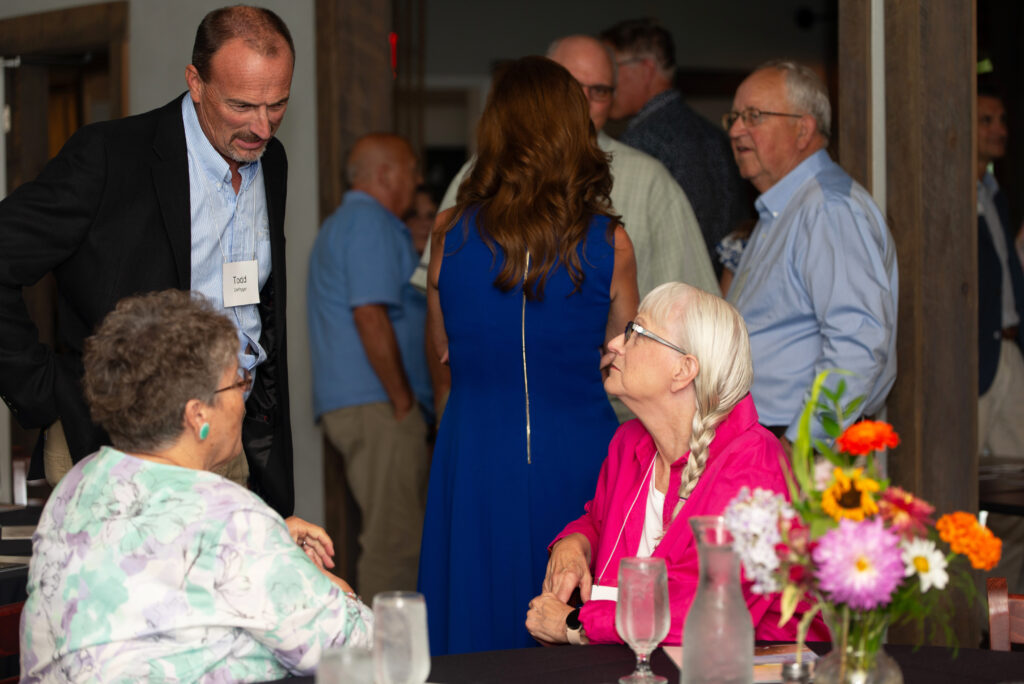 In August, we held our first Emeritus and Board Dinner for current and past
In August, we held our first Emeritus and Board Dinner for current and past 
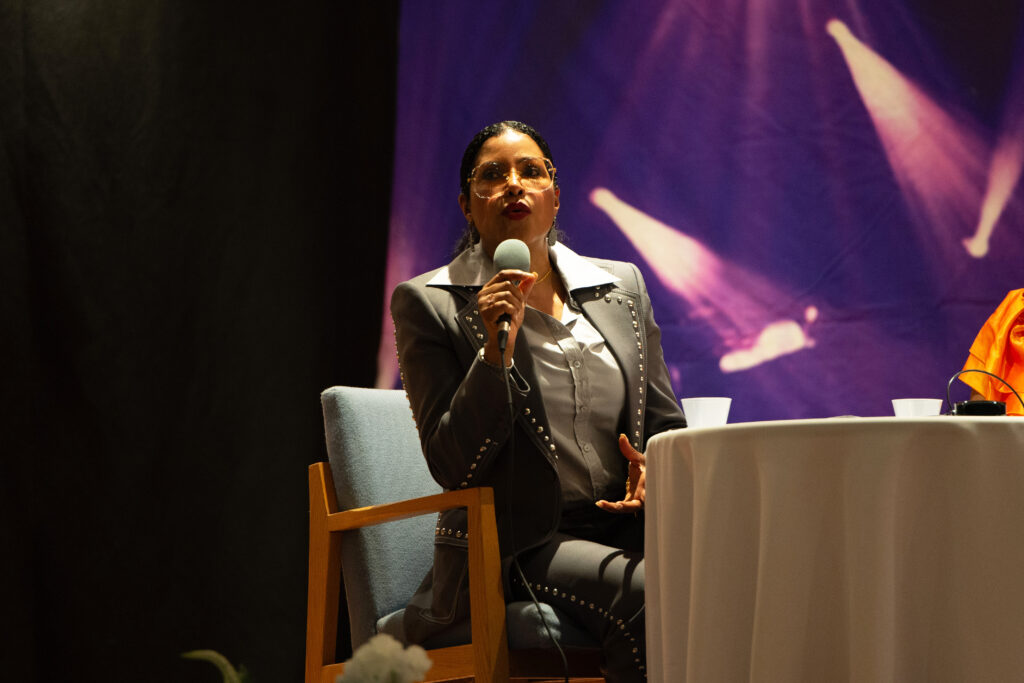 We were excited to host several learning opportunities, including a Bridges Out of Poverty workshop in May and a grantee workshop in September. We also welcomed author, speaker, and educator Dr. Ilyasah Shabazz to Lake County in August. Ilyasah—the daughter of Malcolm X and Dr. Betty Shabazz—spoke about her memoir Growing Up X and how educational attainment is a key to alleviating poverty.
We were excited to host several learning opportunities, including a Bridges Out of Poverty workshop in May and a grantee workshop in September. We also welcomed author, speaker, and educator Dr. Ilyasah Shabazz to Lake County in August. Ilyasah—the daughter of Malcolm X and Dr. Betty Shabazz—spoke about her memoir Growing Up X and how educational attainment is a key to alleviating poverty.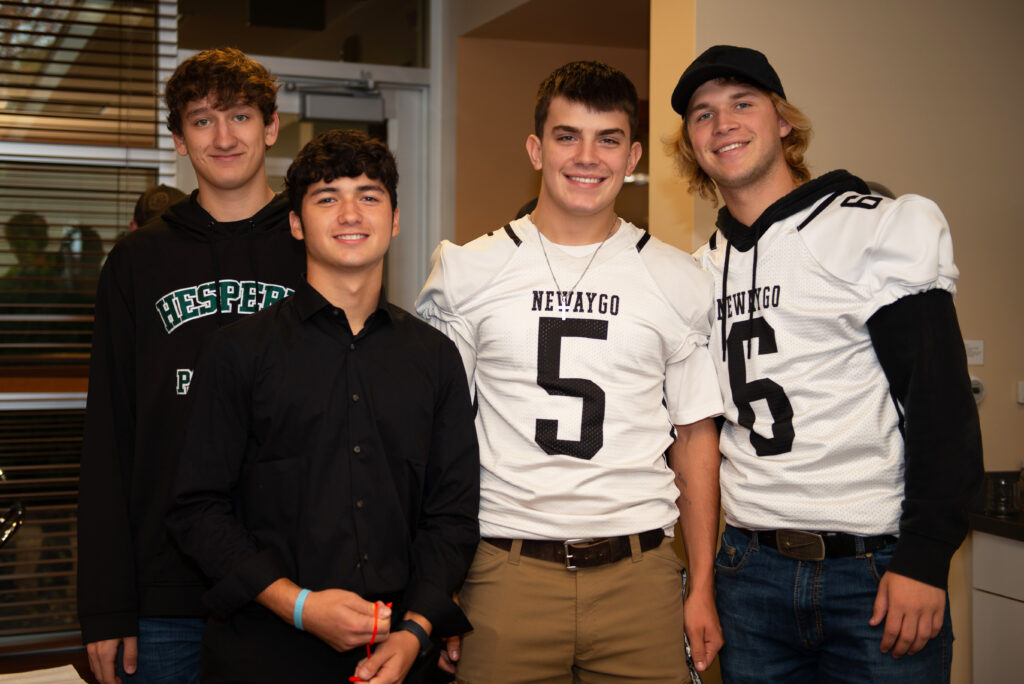 Students in Mecosta, Newaygo, and Osceola counties were engaged in grantmaking and leadership development as part of our
Students in Mecosta, Newaygo, and Osceola counties were engaged in grantmaking and leadership development as part of our 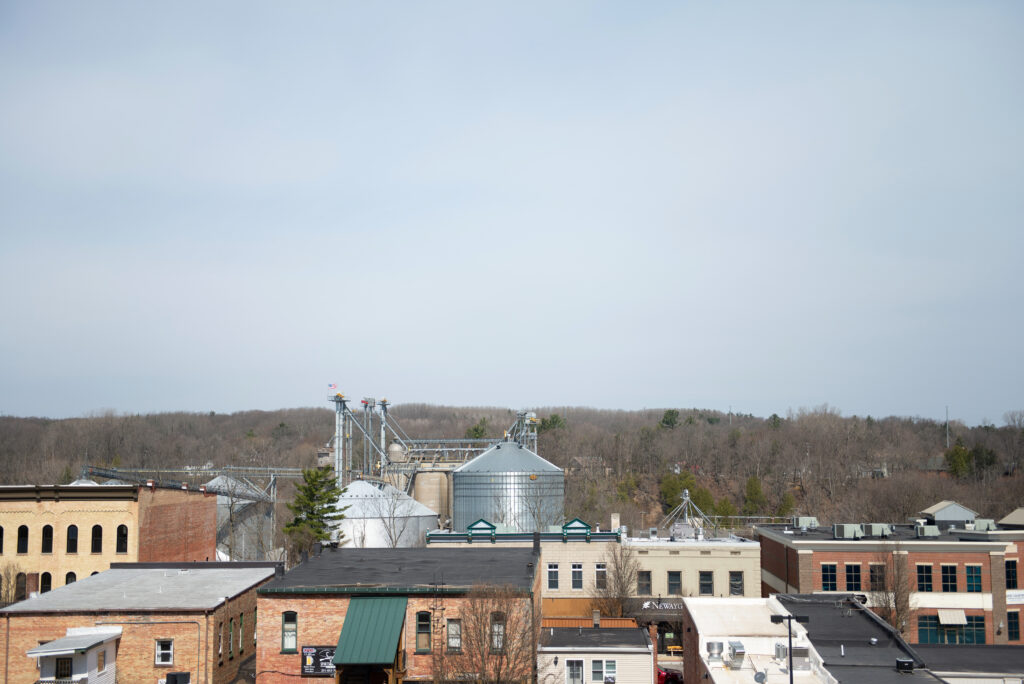 We worked with the Newaygo County Economic Development Partnership in their efforts to attract state grants, leverage resources, and make plans to enhance our community.
We worked with the Newaygo County Economic Development Partnership in their efforts to attract state grants, leverage resources, and make plans to enhance our community.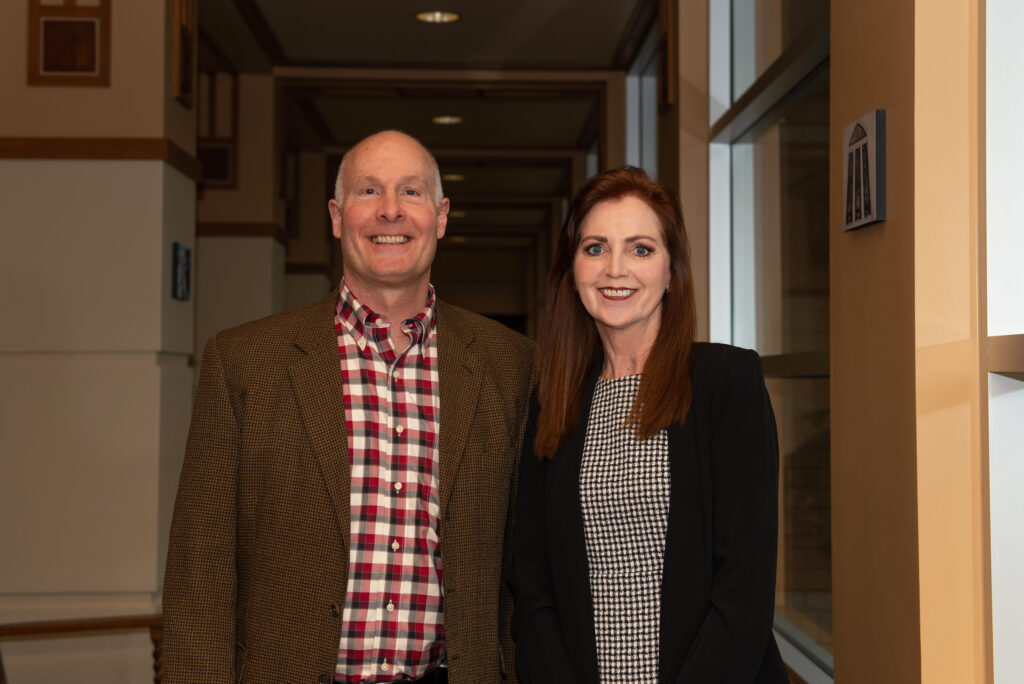 We hosted Congressman John Moolenaar, Representative Joseph Fox, and Senator Rick Outman to talk about Newaygo County, surrounding communities, and priorities for citizen well-being. I also
We hosted Congressman John Moolenaar, Representative Joseph Fox, and Senator Rick Outman to talk about Newaygo County, surrounding communities, and priorities for citizen well-being. I also 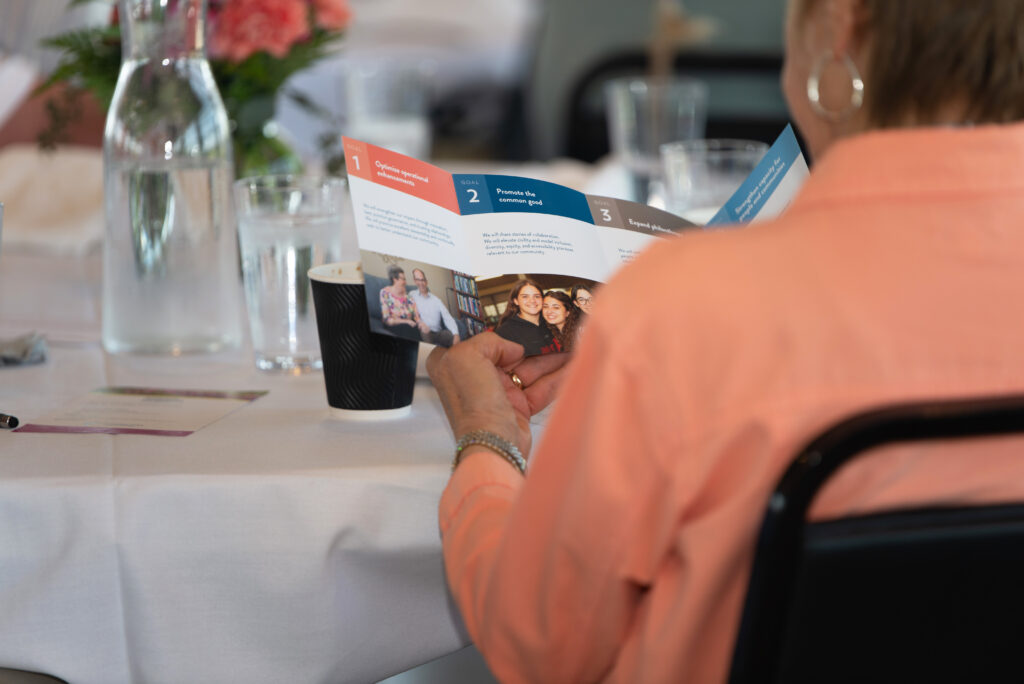 We launched our updated strategic framework. Guided by our
We launched our updated strategic framework. Guided by our 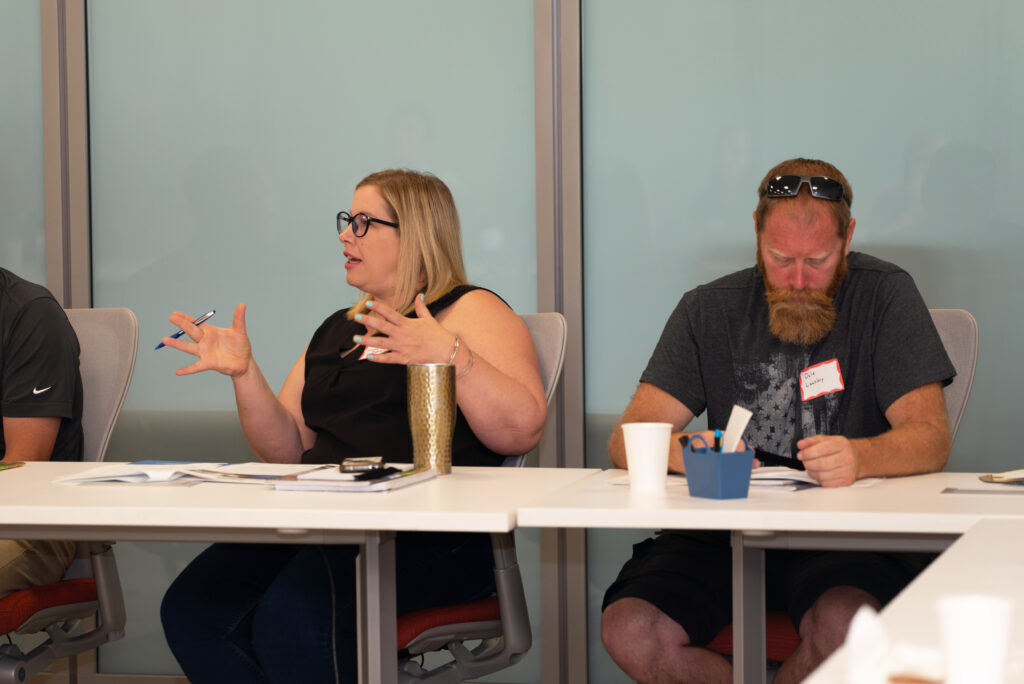 We loved spending time meeting with donors, community leaders, and neighbors to listen to their stories and dreams for the Community Foundation.
We loved spending time meeting with donors, community leaders, and neighbors to listen to their stories and dreams for the Community Foundation.